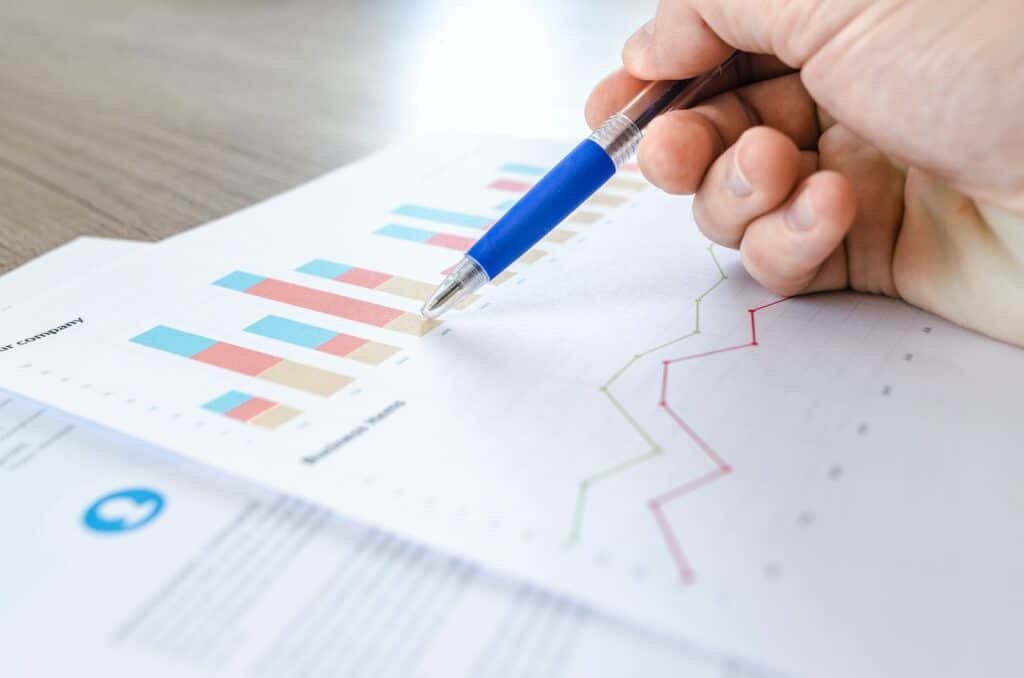
Information gathering and interpretation is a key business process. Information consists of organised facts and figures that have meaning within the context that the information is intended to be interpreted by people.
Information is thus a valuable business commodity, and frequently businesses pay money for up-to-date and relevant information.
Businesses buy:
- Market research information
- Information about the financial performance of other companies
- Information about economic trends, and the economies of other countries
- Product research and development information.
The more up-to-date, accurate and complete the information, then the more valuable it will be.
Increasingly there are market opportunities for companies to provide information on websites that users can pay to access – e.g. information about share prices, market movements, and potentially good investments.
Information is gathered:
- Internally within an organisation – e.g. about production performance, sales performance, standard operating procedures, manufacturing systems, etc.
- Externally i.e. outside the organisation – e.g. information about customers and markets. The firm may contract out the collection of such information to an appropriate organisation such as a market research company.
Information processing
Information can then be analysed by using computers or by manual methods. Databases and spreadsheets make it very easy to analyse information. For example, information about the market e.g. market growth, market share, etc. can be entered using a spreadsheet package.
This information can then be presented in line graphs, histograms, bar charts, pie charts etc so that it is easy to quickly make sense of the information.
Information processing refers to the collection, storage, manipulation, distribution and presentation of data, usually by electronic means. Computers are used widely in business for information processing.
